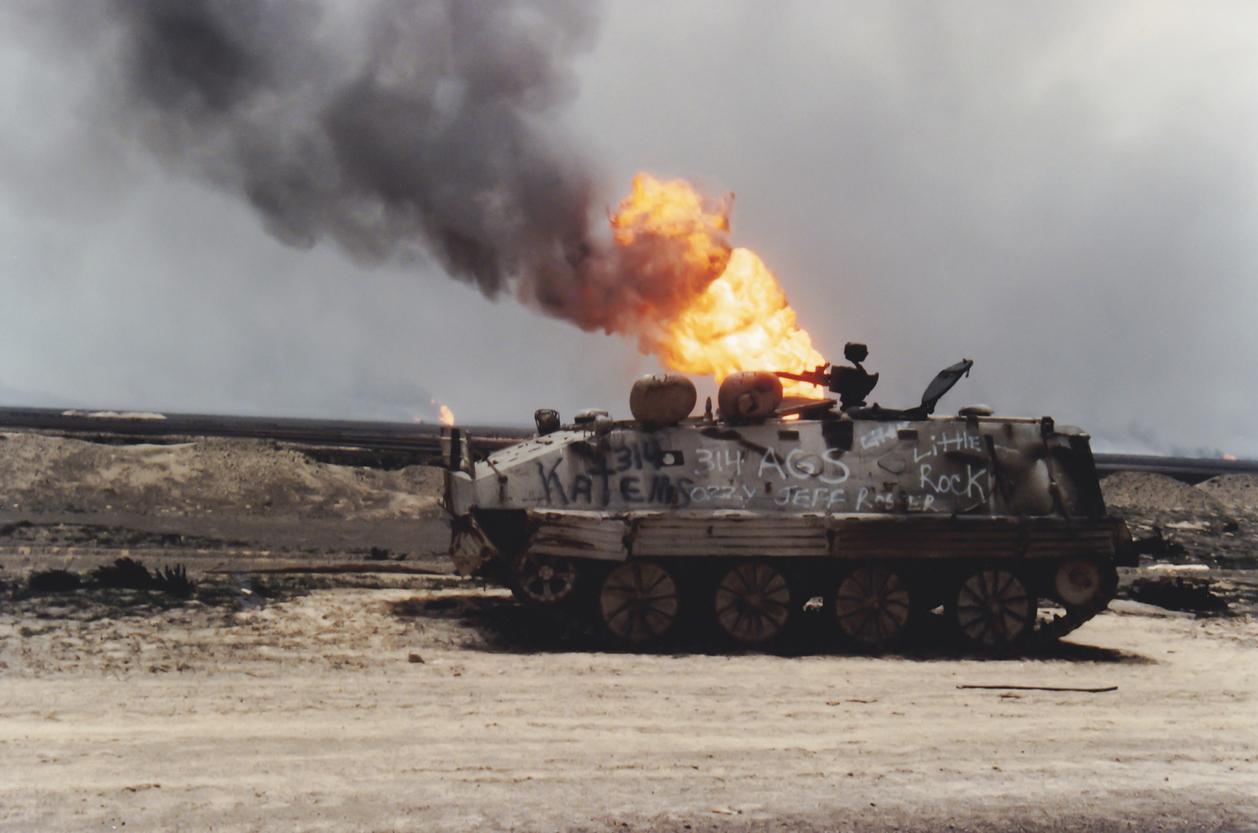In Vietnam, hormonal abnormalities continue to affect the women and children they breastfeed. The environment is still contaminated with Agent Orange.

It has been over 40 years since the Vietnam War (1955 and 1975) ended. But the local population is still suffering the consequences. Agent Orange, used by the United States as a herbicide to clear battlefields covered by the jungle, is said to still claim victims.
A joint study by the University of Kanazawa (Japan) and the Vietnamese Ministry of the Environment showed that infants in the most contaminated areas, especially via their mothers’ milk, had hormone levels three times higher than normal. This presents significant risks to their health.
Dioxins in the environment
Agent Orange was used by the US military throughout the 1960s in southern Vietnam, Laos and Cambodia on a large scale. In particular, the herbicide knocked leaves off trees, and made it easier for the armies of South Vietnam, the United States and their allies to maneuver.
But it contains dioxins, substances which are very stable over time and which persist in the environment. In contaminated areas, they have integrated the sediments, and therefore the food chain, in the long term.
Endocrine disruptors
“Decades of industrial development and spraying during the Vietnam War caused dioxin levels to rise in soil and atmosphere, and people absorb these chemicals through the food they eat and the air they eat. she breathes, ”explains Prof. Teruhiko Kido.
Studies have already shown a link between the presence of Agent Orange and the development of prostate and lung cancer, but also diabetes, blindness or birth defects.
The local populations, but also the American civilians and soldiers and allies, were contaminated. Dioxins can be stored in fat, and therefore be released into the body long after contamination.
The new generation will be affected
“We know that dioxins impact our hormonal system,” continues Professor Kido. So we wanted to know if they could pass from mother to child ”. Agent orange in particular affects the production of a hormone, dehydroepiandrosterone (DHEA). The researchers therefore analyzed the levels of DHEA in 104 women and their infants. Some came from North Vietnam, in an area spared by the American Air Force – uncontaminated -, and others from the town of Bien Hoa, where the Americans were stocking Agent Orange, and which has experienced several leaks and where contamination is significant.
In babies in the latter region, the rates recorded were three times higher than those in non-contaminated regions. This suggests, according to the researchers, that dioxin passes from mother to child via the umbilical cord, and breast milk. “Our study confirms that children are particularly sensitive and vulnerable to environmental toxins that have affected their parents, and even previous generations,” continues Professor Kido.
A Unesco report reports that at least 20% of the forests there have been destroyed by herbicides. Forty-two years later, the Vietnam War is still not over for southerners. And the next generation is also likely to be impacted.
.
















